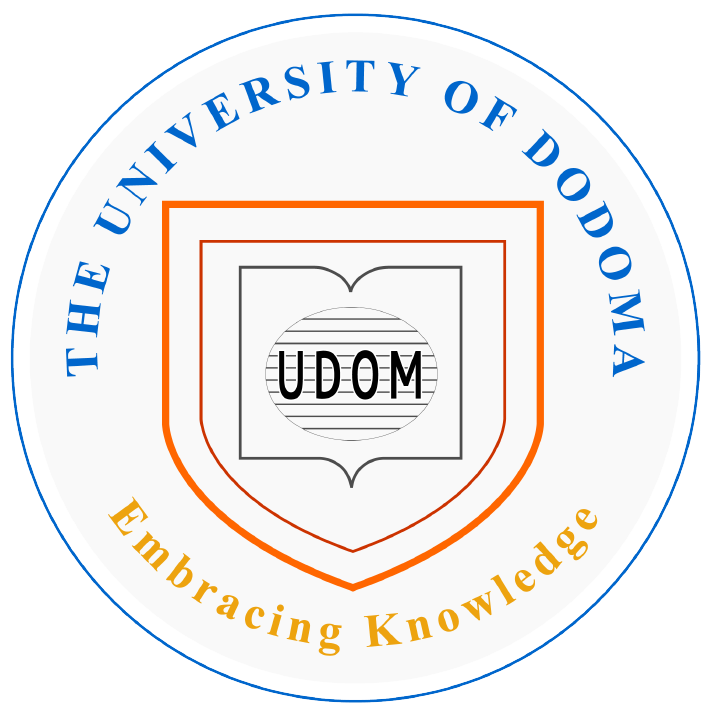Abstract
Digital governance constitutes a new era of public governance driven by the forces of digital communication and the multiplicity of actors in the governance arena. Digital communication has accorded governance stakeholders not only more access to the public sphere but also improved policy outcomes because of its participatory nature. While the transformational power of digital communication is still at its infancy stage in Tanzania, a paradox of state recentralization through obstacles to information access, limits on content and violation of user rights has been observed. This case study deploys in-depth interviews and document review to probe into the implications of these forms of control on the effectiveness of governance processes in Tanzania. It divulges a number of implications of digital communication control, including heightened government opacity, self-censorship, and digital activism. Through the Critical Political Economy of Communication approach, the paper concludes that digital communication control has weakened the effectiveness of governance processes in Tanzania.
Download
References
- -
